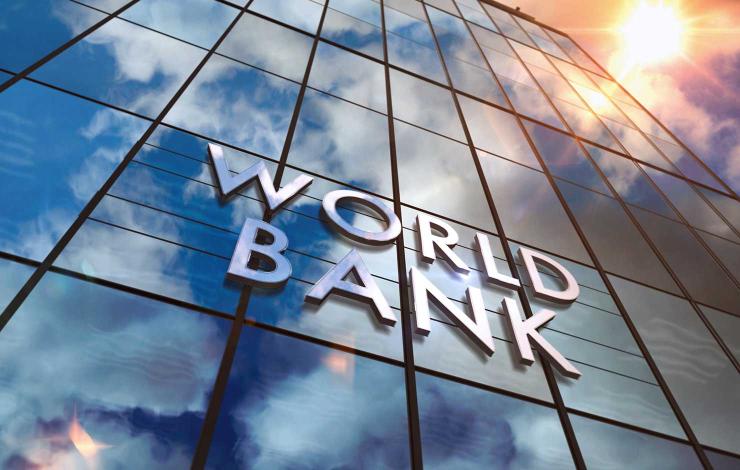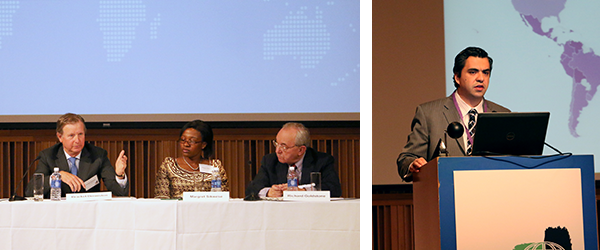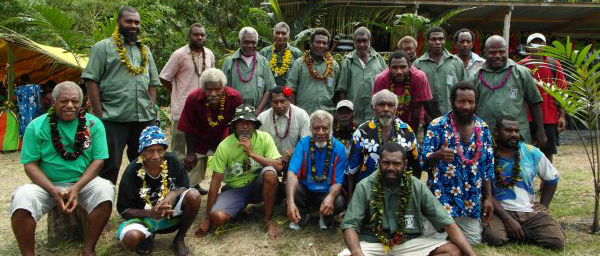

Our annual report covering the World Justice Project’s efforts to advance the rule of law in 2014 is now available in the WJP publications library.
Read up on our key progress for the year, which included:
• The World Justice Project released the WJP Rule of Law Index 2014 at a March launch event at CUNY in New York City. The report was covered by hundreds of publications worldwide.

Above, left: GE Senior Vice President and General Counsel, Brackett Denniston; Chairman of the Board of Citizens for Justice, Margaret Sikwese, and retired Justice of the Constitutional Court of South Africa, Richard Goldstone Above, right: WJP Chief Research Officer, Alejandro Ponce
• In 2014, we asked several leading global voices for their thoughts on the rule of law and our efforts to measure it – see what they told us here.
• On March 31, 2014, we announced the winners of our 2014 World Justice Challenge, a seed grant competition designed to strengthen the rule of law worldwide through practical, on-the-ground programs. Seed grants were awarded to 15 startup initiatives including projects focused on advancing labor rights for cotton pickers in Pakistan, promoting equal treatment for women soccer players in Brazil, developing an open-source, online civic participation platform, and more.

The Vanuatu Chief’s Legal Education program was awarded a World Justice Challenge seed grant to create a culturally appropriate legal education program to equip chiefs with knowledge of state and customary laws to improve the delivery of justice.
• The inaugural conference of the Rule of Law Research Consortium (RLRC) was held on October 31-November 1, 2014, at the University of Chicago Law School.
Download the 2014 WJP Annual Report here to read about these milestones and much more.

